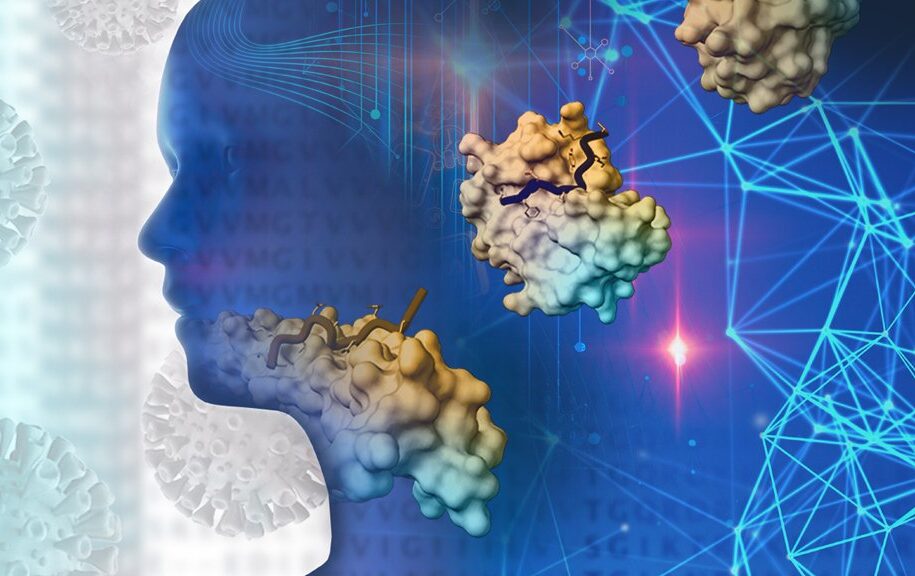What Does Nicotine Do to Muscles?

What Does Nicotine Do to Muscles: The powerful chemical nicotine is present in cigarette products and is known for its addictive properties and negative effects on health. The effects on the cardiovascular system and respiratory system receive a lot of attention, but the effects on muscles are generally ignored. This article examines the poorly known effects of nicotine on muscle function.
Muscle Contraction and relaxation:

When it comes to smooth muscle function, nicotine upsets the delicate balance. In a normal scenario, the brain instructs nerves to contract muscles when a desired movement occurs. At the neuromuscular junction, where neurons and muscles connect, these impulses trigger the secretion of chemical messengers such as acetylcholine.
Nicotine, on the other hand, hinders this process. It binds to receptors at the neuromuscular junction and causes hyperactivation of muscle cells, mimicking the action of acetylcholine. The abnormal contractions caused by this overexcitation can result in muscle twitches or spasms.
On the other hand, when you rest, your nerve signals decrease, allowing your muscles to return to a relaxed state. When you use nicotine, it can mess with your brain’s messages, meaning your muscles won’t relax as much and you may feel stiff or uncomfortable for longer periods of time.
Simply put, nicotine disrupts the delicate balance of muscle tension and relaxation, causing anything from minor pain to severe dysfunction.
Decreased Blood Flow:

Narrowing of blood arteries is one of the worrying effects of nicotine on muscles. When nicotine enters the bloodstream and constricts the blood vessels the muscles and the rest of the body experience a reduction in blood flow.
Muscles get the fuel they need to function best from the oxygen and nutrients delivered by the blood. However, the vasoconstrictive effects of nicotine restrict blood flow, resulting in a reduced amount of oxygen and nutrients reaching the muscles.
This reduced blood supply can have several potential effects on muscle health. Insufficient oxygen delivery, first of all, can cause the muscles to tire more quickly during physical exercise, resulting in reduced performance. Inadequate nutrient delivery slows both muscle growth and repair, making it harder to recover from workouts or injuries.
Long-term nicotine use can worsen these effects over time, which can limit physical fitness by weakening muscles and reducing stamina. Therefore, it is important to avoid nicotine and promote habits that support heart health to maintain healthy blood flow to the muscles, which is vital for their proper function and optimal performance.
Muscle Degradation:
Long-term muscle wasting is one of the effects of nicotine on muscles as well as its short-term effects on contraction and blood flow.
Nicotine triggers a series of physiological reactions in the body that lead to increased degradation of muscle tissue. One mechanism by which it accomplishes this is by inducing the secretion of certain enzymes that specifically target proteins found within muscle cells. Such enzymes speed up proteolysis, the process by which proteins in muscle tissue are broken down.
Additionally, nicotine can impair the ratio of protein breakdown and protein synthesis, a process that muscles rely on to make new proteins. Nicotine can cause a shift in the balance toward greater protein breakdown, ultimately resulting in muscle loss.
Loss of muscle mass and strength, known as atrophy, is a symptom of muscle deterioration. Nicotine users may not change their amount of physical activity much, but they may find that their muscles gradually lose tone and function.
Muscle atrophy affects more than just strength and appearance; It also reduces general physical performance, makes the person more susceptible to injuries, and makes it harder to complete routine tasks.
Regular exercise, adequate protein intake, and avoiding tobacco products are essential to reduce the risk of muscle breakdown due to nicotine use. If people follow a healthy lifestyle and do not use nicotine they can protect their muscles and keep them working at their best for a long time.
Delayed Recovery:
Nicotine can slow the body’s recovery time after exercise or injury, which is one of the less obvious ways it affects muscles.
Damaged muscle tissue can be repaired and restored through a complex process that the body undertakes after intense exercise or injury. Inflammation, immune cell recruitment and protein synthesis all play a role in this process, ultimately resulting in stronger muscles.
On the other hand, nicotine can hinder this physiological improvement in several ways. First, because nicotine constricts blood vessels, less oxygen and nutrients can reach the muscles, making it harder for them to heal. Lack of adequate blood supply impairs the body’s ability to eliminate metabolic waste products from injured tissues, which further slows the healing process.
Nicotine also interferes with the inflammatory response, which is an important regulator of muscle regeneration and repair. Nicotine may delay the onset of tissue regeneration by increasing the length of inflammation or reducing its intensity by interfering with signaling pathways involved in inflammation.
These results suggest that nicotine use may prolong the time it takes for muscles to recover from exercise-related injuries or damage. There are a number of negative consequences that can result from sluggish recovery, including failure to meet fitness goals, more frequent injuries, and overall discomfort and exhaustion.
Prioritizing techniques that promote circulation, such as maintaining adequate hydration, eating nutrient-rich foods, and avoiding smoking and other substances that reduce blood flow and inflammation, can maximize recovery and muscle growth. Can support health. To maintain muscle flexibility, which in turn allows peak performance and an active lifestyle, recovery must be a person’s top priority.
Impact on Athletic Performance:

Athletes’ performance can be affected when exposed to nicotine, causing their muscles to weaken and their stamina to decrease.
Decreased Strength and Power:
Decreases in strength and power output may occur due to nicotine’s effects on muscle relaxation and contraction processes. This is especially problematic for sports that require powerful, sudden movements, such as weightlifting and running.
Impaired Endurance:
During intense physical exertion, the vasoconstrictive effects of nicotine reduce blood flow to the muscles, reducing the availability of oxygen and nutrients. Because of this, it may be difficult to maintain performance for long periods of time due to early fatigue and reduced stamina.
Table of Contents
Reduced Agility and Coordination:
Sports requiring skilled hand-eye coordination, such as gymnastics, football or basketball, may be disrupted by nicotine’s effects on nerve-muscle communication.
Delayed Recovery:
After strenuous workouts or competitions, nicotine can make the recovery process take longer because it interferes with the body’s natural ability to repair muscle tissue. This increases the chance of injury from overuse and may make training less consistent.
Impact on Respiratory Function:
Nicotine not only weakens muscles, but also has a negative impact on lung function, reducing aerobic capacity and reducing respiratory capacity. This may further reduce performance in endurance-based activities such as long-distance cycling or running.
Overall, the effects of nicotine on stamina, coordination and recovery can have a large negative impact on performance in sporting events. Reducing or eliminating nicotine use, supporting muscle health through nutrition and training, and maintaining overall cardiovascular fitness should be priority strategies for athletes looking to enhance their performance. By doing this athletes can increase their functional capacity, performance results and health in the long run.
Potential for Muscle Cramps:
Muscle cramps are more likely to occur when nicotine is present because of its effects on nerve-muscle communication. These uncomfortable and distracting involuntary contractions can get in the way of everyday life and athletic performance. When dealing with muscle cramps caused by smoking, it is essential to stay hydrated and maintain good electrolyte balance.
Conclusion:
What Does Nicotine Do to Muscles: Nicotine’s effects on muscles go far beyond its addictive properties. Important effects of nicotine on muscle function include decreased contraction, delayed recovery, and promotion of muscle breakdown. Understanding these effects highlights the importance of supporting good lifestyle choices and discouraging nicotine use for optimal muscle health and overall well-being.

